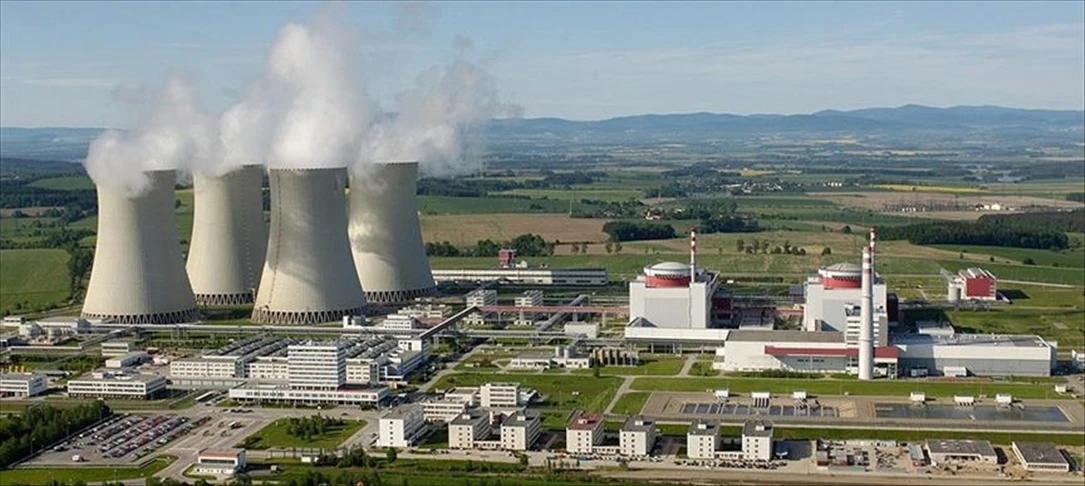Serbia lifts decades-old ban on nuclear power
 Serbia lifts decades-long moratorium on nuclear power. (AA Photo)
Serbia lifts decades-long moratorium on nuclear power. (AA Photo)
Serbia has lifted its decades-long moratorium on nuclear power, following new legislation passed this week, as the country sets its sights on decarbonizing its energy sector over the next 25 years.
The decision to remove the ban was part of a series of bills approved by parliament on Wednesday.
“After 35 years, the moratorium on the construction of nuclear power plants was lifted,” Serbian Energy Minister Dubravka Djedovic Handanovic announced on social media, adding, “History was written today.”
The ban, imposed by the former Yugoslavia in 1989, came in response to the 1986 Chernobyl disaster in Ukraine. At the time, the socialist federation suspended its nuclear program and closed its only research reactor in the suburbs of Belgrade.
2050 EU deadline to transition
Serbia has since relied heavily on its abundant coal reserves to fuel its economy, despite the environmental toll.
The capital, Belgrade, is often ranked among the most polluted cities during winter months. Serbia is now facing a 2050 deadline to transition away from coal, set by the European Union.
However, shifting to nuclear power is expected to be a long and costly endeavor. A recent government study estimates that the construction of a new nuclear facility could take up to two decades.



